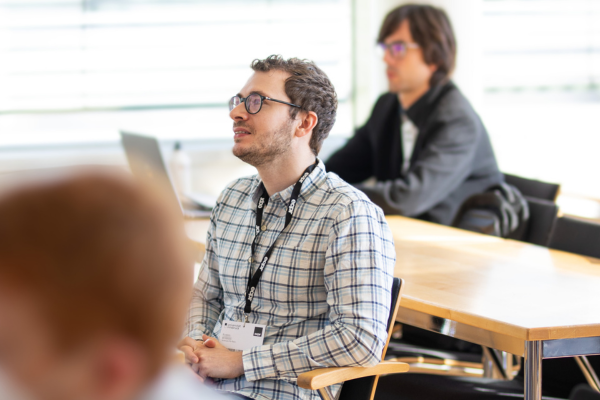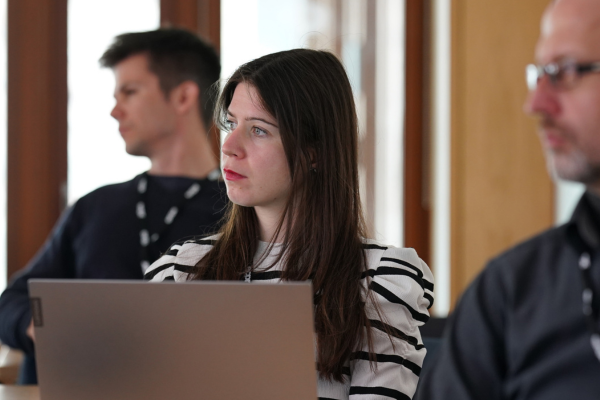
Utrecht, Netherlands
Eye Tracking Research Toolbox
When:
15 December - 17 December 2025
Credits:
1 EC
Read more
Social Sciences
When:
18 August - 22 August 2025
School:
Summer School in Social Sciences Methods
Institution:
Università della Svizzera italiana
City:
Country:
Language:
English
Credits:
0 EC
Fee:
700 CHF

Workshop Contents and Objectives
The course aims to bring students and researchers in the social sciences up to speed with the technology of Large Language Models (LLMs). LLMs are a powerful machine learning technique able to represent and generate text, as well as data in other modalities. LLMs can also be used for automating several research tasks with little tuning. The course provides a theoretical foundation on LLMs as well as several applications relevant to the social sciences, which will be implemented in practical sessions.
The practical sessions will showcase example tasks from recent literature in the social sciences using LLMs in a variety of novel ways. These include the large-scale detection of online media polarization, the thematic clustering and labeling of textual sources, how to simulate survey participants, and how to use LLMs as personal research assistants for searching and distilling information, and for data analysis.
Course design
The course combines lectures (morning sessions) with laboratories consisting of live coding and workgroups (afternoon sessions).
Detailed lecture plan (daily schedule)
Day 1: Introduction to Large Language Models
Laboratory: System setup, the HuggingFace library, using the OpenAI API.
Day 2: LLMs for content representation
Laboratory: Thematic clustering of textual sources.
Day 3: LLMs for classification and regression
Laboratory: Large-scale, zero-shot classification of textual sources.
Day 4: LLMs for content generation
Laboratory: Prompt engineering and simulating survey participants.
Day 5: LLMs as research assistants
Laboratory: Semantic search, retrieval-augmented generation, data analysis.
Course feedback and Q&A
Class materials
All materials will be provided online in the course’s GitHub repository.
**The Summer School cannot grant credits. We only deliver a Certificate of Participation, i.e. we certify your attendance.**
If you consider using Summer School workshops to obtain credits (ECTS), you will have to investigate at your home institution (contact the person/institute responsible for your degree) to find out whether they recognise the Summer School, how many credits can be earned from a workshop/course with roughly 35 hours of teaching, no graded work, and no exams.
Make sure to investigate this matter before registering if this is important to you
Giovanni Colavizza is a Professor of Computer Science at the Department of Communication, University of Copenhagen, and Associate Professor of Computer Science at the Department of Classical and Italian Philology and the Digital Humanities Advanced Research Centre of the University of Bologna
graduate students, doctoral researchers, early career researchers
Prerequisites: practical knowledge of the Python programming language is recommended
Fee
700 CHF, Reduced fee: 700 CHF per weekly workshop for students (requires proof of student status). To qualify for the reduced fee, you are required to send a copy of an official document that certifies your current student status or a letter from your supervisor stating your actual position as a doctoral or postdoctoral researcher
When:
18 August - 22 August 2025
School:
Summer School in Social Sciences Methods
Institution:
Università della Svizzera italiana
Language:
English
Credits:
0 EC

Utrecht, Netherlands
When:
15 December - 17 December 2025
Credits:
1 EC
Read more

Thessaloniki, Greece
When:
26 August - 29 August 2025
Credits:
4 EC
Read more

Thessaloniki, Greece
When:
26 August - 29 August 2025
Credits:
4 EC
Read more